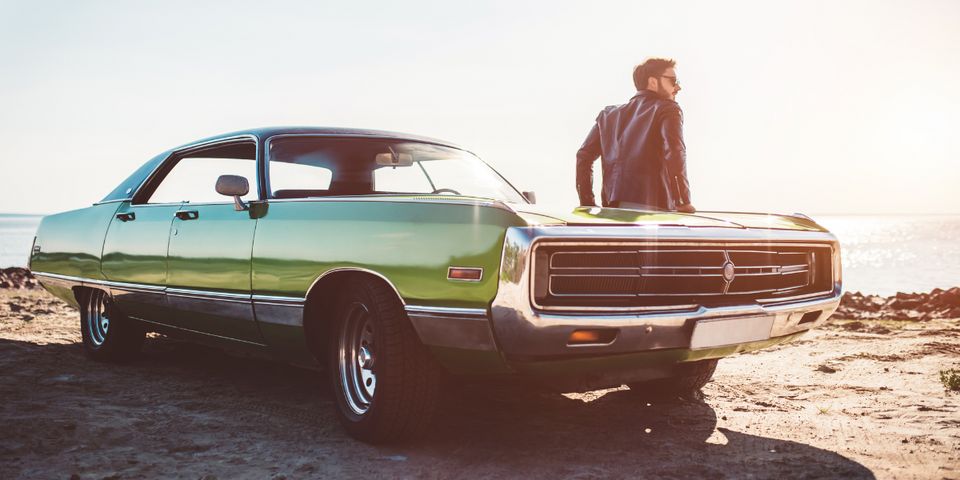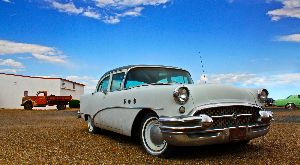How to Determine if Your Antique Car Needs a Lead Substitute

If you’ve only driven modern vehicles, buying your first antique car can come with a few surprises. A big one many new owners of classic models discover is that sometimes a lead substitute must be added to the fuel. Here's a look at why this additive is necessary and how to know if your vehicle needs it.
What Is Leaded Gasoline?
In the 1920s, car manufacturers were trying to figure out a way to stop engine knock—an explosion that occurs when the fuel reaches a specific heat and pressure point. Tetraethyl lead (TEL) ended up being the perfect way to boost the octane rating and handle the higher engine compression ratios. It also helped prevent microwelds from forming between the hot valve and seats in the cylinder head, which were known to result in expensive repairs after the valves were ripped open and resealed repeatedly.
Around the 1970s, the toxicity of lead was becoming clear. It was also discovered that the element was interfering with catalytic converters, which were first being added to cars to reduce exhaust emissions. As a result, lead gas was phased out over the next three decades. However, car manufacturers quickly realized the turning tide and were designing models that could handle unleaded gasoline in the first few years of the phaseout.
What Is Lead Substitute?

To protect antique cars designed with lead fuel in mind, lead substitute formulas were created. These products use some combination of manganese, sodium, phosphate, or iron to fulfill the function of lead without harming catalytic converters or the environment.
If you purchase a car built between the 1920s and 1960s, there's a chance that it still has the soft valves. However, most vintage models still in rotation have been fully remodeled. Usually, updating the cylinder heads is one of the first tasks classic car aficionados will tackle to ensure the valves can handle unleaded fuel.
Even so, some aficionados still preach the benefits of using a lead substitute to protect engines that weren’t built to be used with unleaded gasoline. In many cases, though, premium fuel offers sufficient octane and knock resistance. If you're on the fence about the need for the additive in your specific model, check with a mechanic who specializes in vintage cars.
If you're looking for parts to restore or upgrade your antique car, visit Charlotte AutoFair. For over 35 years, this vintage car show has hosted vendors selling everything from memorabilia to restoration supplies and tools. Their Car Corral is also filled with thousands of collectors looking to buy or sell vintage vehicles. Visit their website for more information about this year’s upcoming fair. If you're interested in becoming a vendor, call (704) 841-1990.
About the Business
Have a question? Ask the experts!
Send your question

